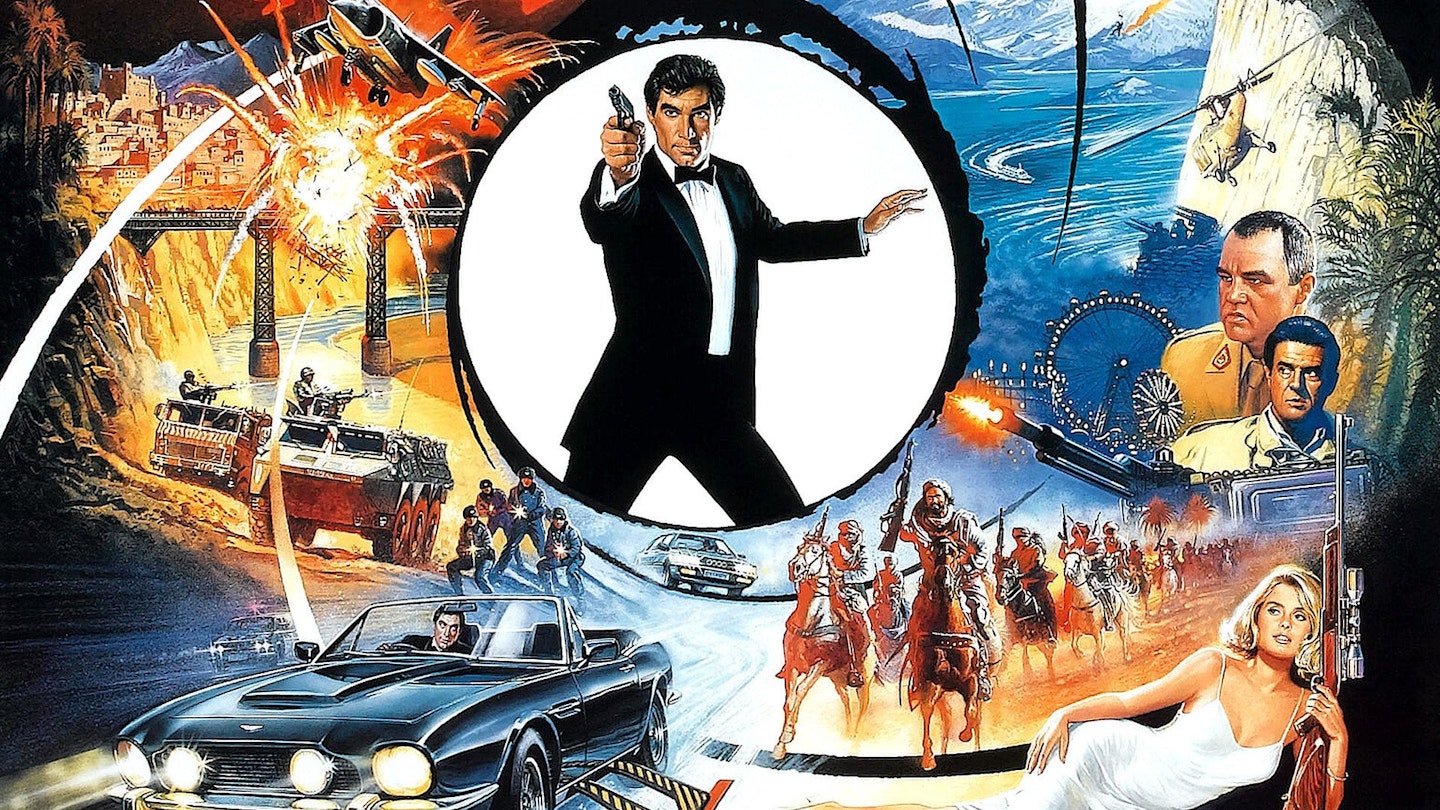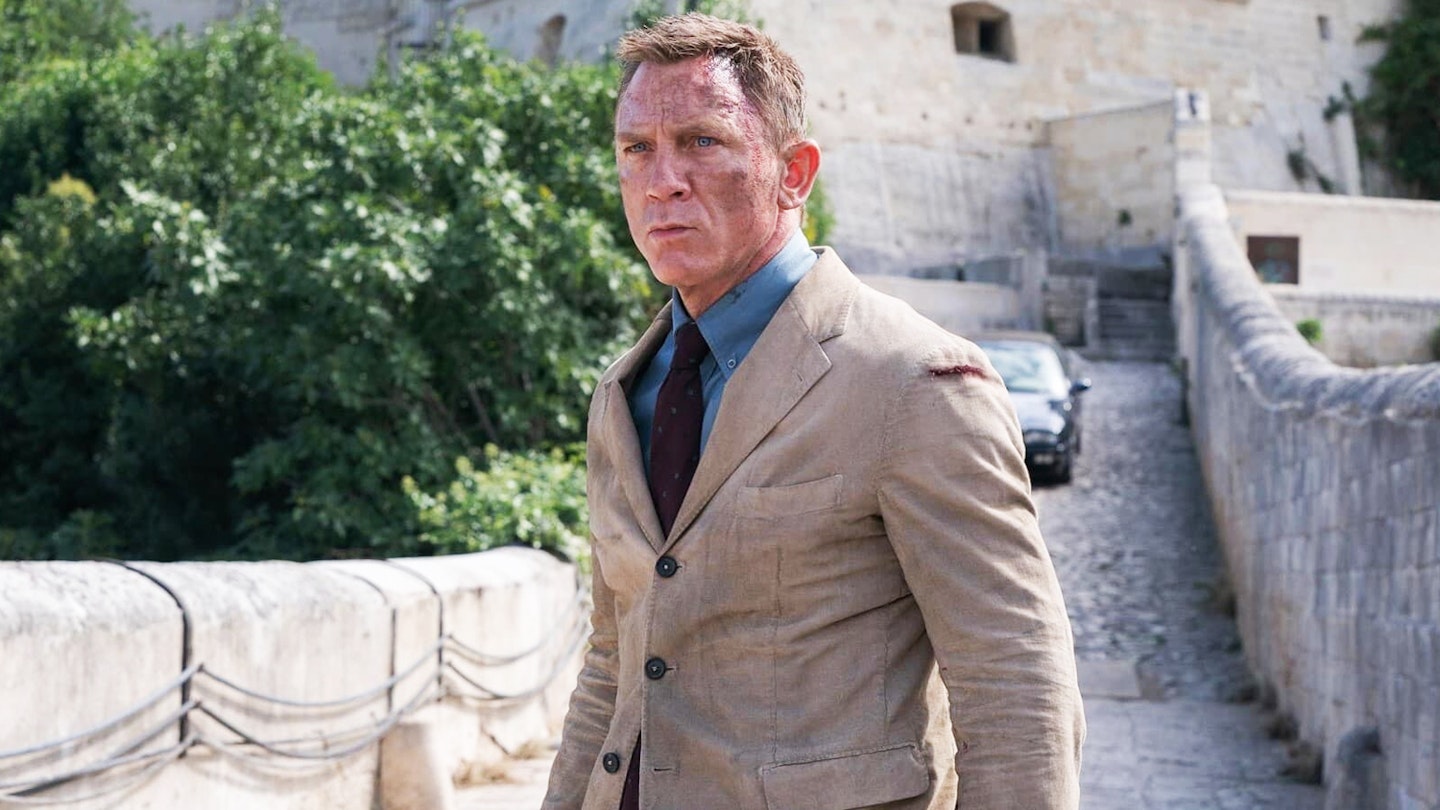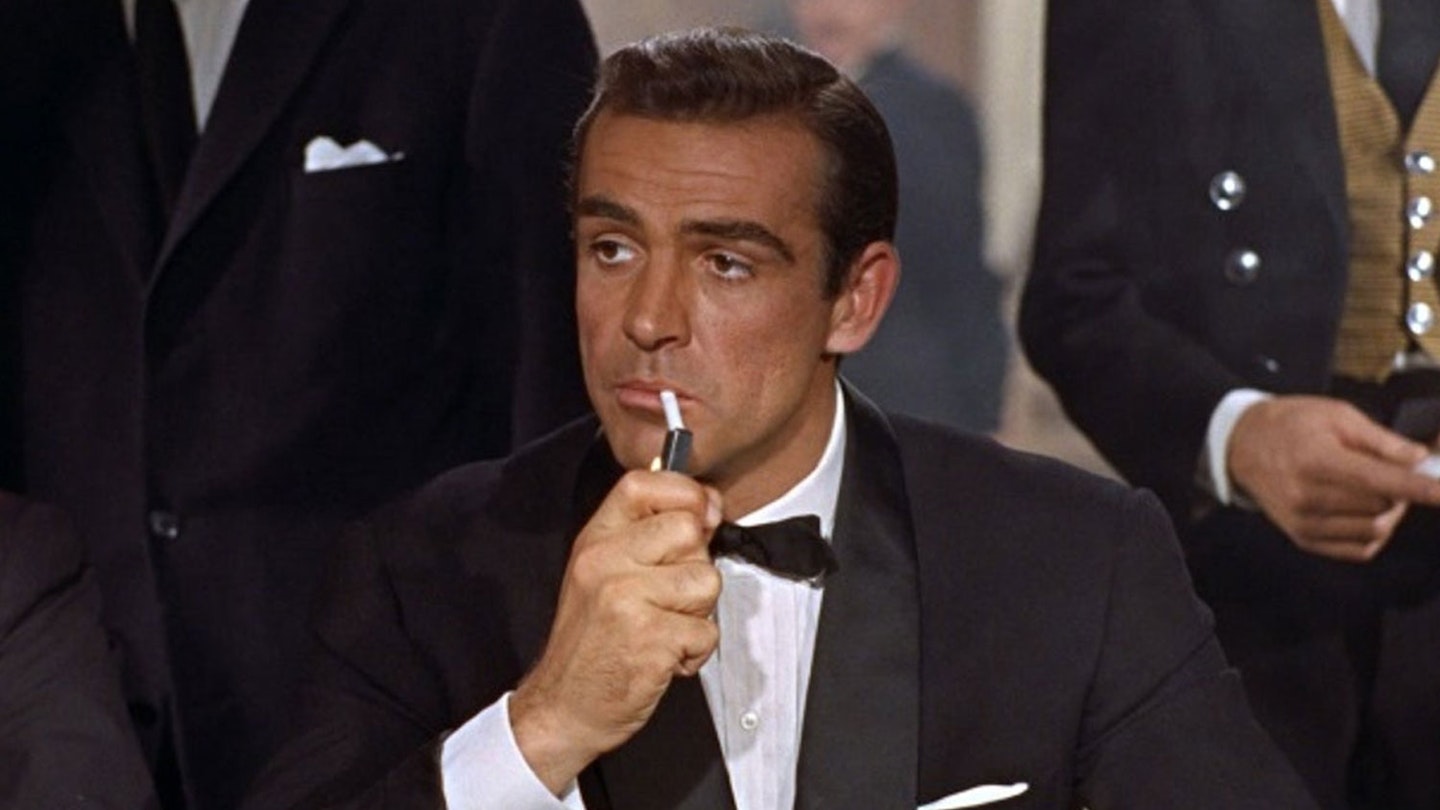After the fizzle of the later Roger Moore Bonds, The Living Daylights brings in a new 007 in Timothy Dalton, who manages the Connery trick of seeming suave and tough at the same time, and tried to get away from the weak comedy in favour of proper international intrigue.
The sledging-in-a-cello case escape is a typical Moore stunt, and Dalton is visibly embarrassed by the punchline (‘nothing to declare’), but the film offers a decent, fresh storyline as opposed to a warmed-over remake of Dr No. The plot nugget, Bond’s refusal to kill a beautiful sniper, comes from the Fleming short story, and the major complication has to do with a bogus revival of Smiert Spionom aka SMERSH (‘a Beria operation’, snorts all-purpose foreigner John Rhys-Davies, here a Soviet General). Breaking with mad zillionaires and fantasy geopolitics, the film is set in a realworld 1987 where the USSR is rift with internal dissent and bogged down in Afghanistan. The series’ first American master villain (Joe Don Baker’s Brad Whittaker) is a flamboyant but credible international arms dealer, and Bond’s most complicated opponent (Jeroen Krabbe’s Koskov) is a jolly, treacherous, triple-dealing KGB man left alive at the end for a rematch which sadly never came.
With former second-unit director John Glen still in charge, it has more than enough set-pieces to keep in the action game: the assault of a killer milkman, a close-quarters fight in a rickety aeroplane with a bomb aboard, a one-on-one between Bond’s old-fashioned Walther and Whittaker’s array of high-tech gadgets.
A-ha’s theme is, at least, better than Duran Duran’s View to a Kill.


